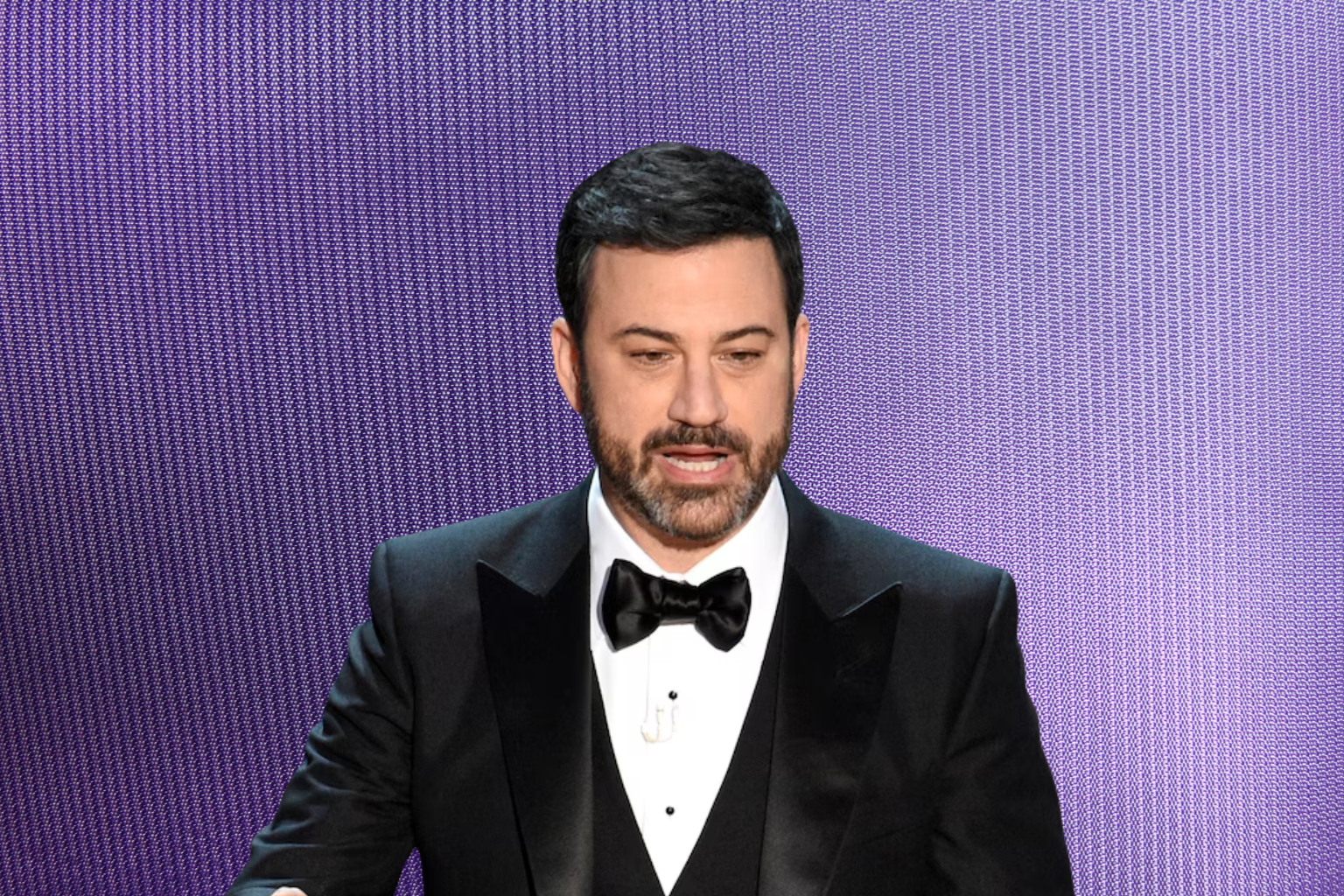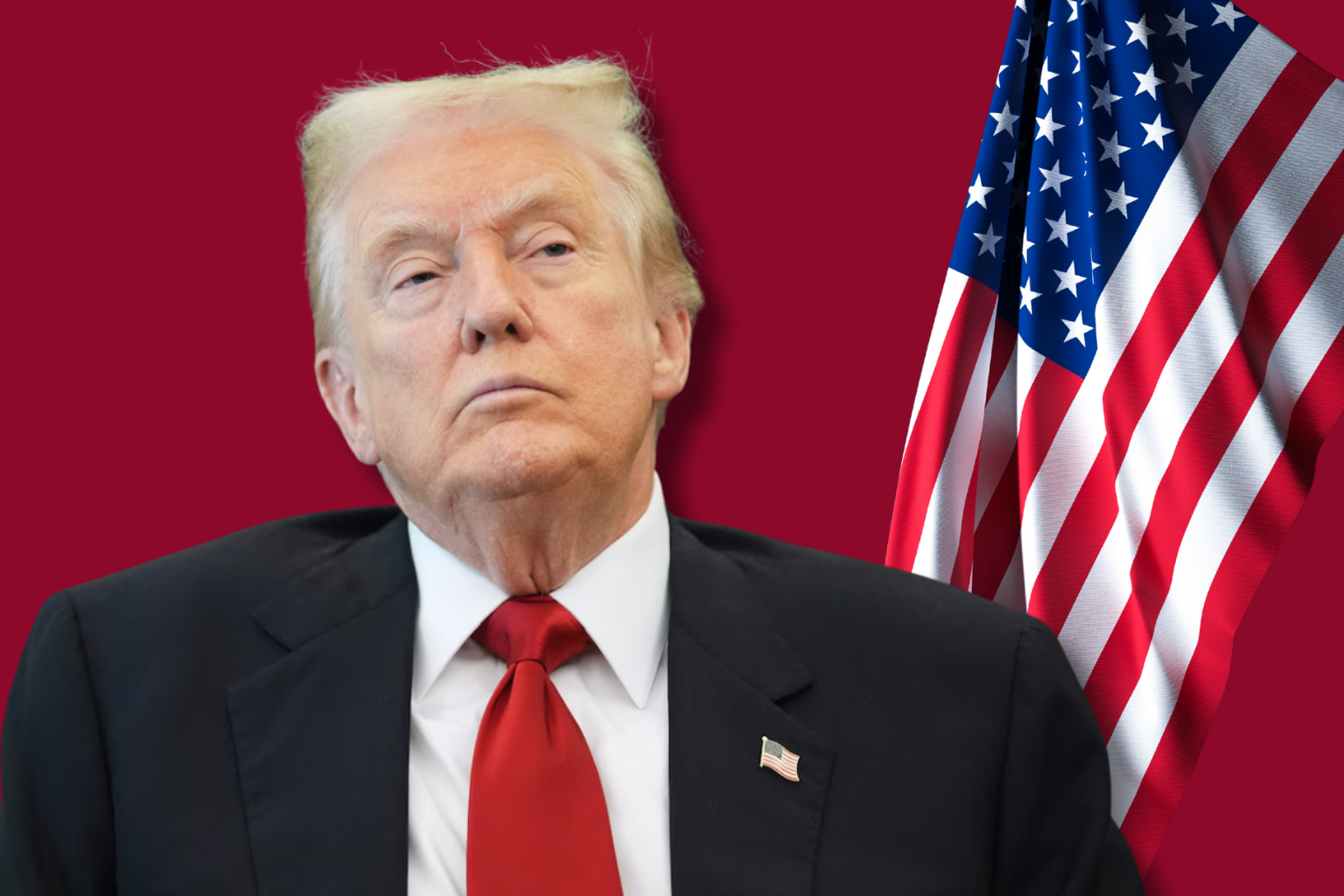Kimmel’s Suspension Highlights Growing Tension Between Broadcasters, Regulators and Corporate Deals

A unexpected suspension of “Jimmy Kimmel Live!” has sparked a nationwide discussion over free expression, corporate caution, and regulatory power. Following backlash over Jimmy Kimmel’s comments about conservative activist Charlie Kirk’s murder, ABC pulled the show from the air, sparking a discussion about whether political pressure and pending business deals are changing broadcast television.
Kimmel was suspended immediately after critics argued his talk on the alleged shooter and political motives crossed the line. Nexstar and other affiliates swiftly offered to preempt the show on their stations. Due to recent station ownership concentration, station-level decisions that served viewers and local sensibilities had a lot of weight.
A tough intervention from the FCC chair escalated the matter into a constitutional and political conflict. Brendan Carr publicly stated broadcasters who carry harmful material might face regulatory implications, which critics on both sides of the aisle warned could convert enforcement instruments into political levers. Democrats have demanded inquiries into whether the FCC leadership unduly coerced a private network.
Corporate calculations are suspected. Disney controls ABC and has big regulatory business outstanding, which might make CEOs sensitive to public clashes with powerful federal officials. Nexstar and other large television organizations also have deals and approvals at stake. Analysts think these overlapping commercial interests make networks more likely to take swift, visible action when controversy threatens a merger or acquisition. That explains why a late-night speech became a corporate risk management and editorial judgment issue.
The media outcry was quick and partisan. Conservative-leaning station groups and commentators demanded apologies and asked the Charlie Kirk family for money to restore the show to affiliates. Entertainment, late-night, and civil liberties organizations warned that government pressure on programming chills political humor and dissent. Modern political confrontations involve cable and network television, as shown by the harsh, polarized replies.
Political podcasters are testing Kimmel’s fate. On “Pod Save America,” former Obama aides explored whether Kimmel could return under the same conditions and how comedians mix humor with real-world implications. This raises a wider challenge for performers and newsrooms: can traditional platforms support late-night’s frank, mocking commentary, or will governmental constraints and corporate prudence limit acceptable speech?
The episode goes beyond a monologue debate for viewers. If networks police content more carefully to avoid regulatory issues, where will Americans hear critical, humorous opinions on public people and policies? Media consolidation and business discussions can change editorial decisions overnight, affecting viewers, staff, and political discourse.
The Kimmel suspension will undoubtedly be in the headlines as lawmakers, media businesses, and civil liberties groups debate harmful speech, corporate responsibility, and government authority. The incident will be utilized by both sides of a debate about broadcast speech’s freedom in an era of high-stakes corporate agreements and partisan scrutiny, whether the show returns, resignations are requested, or authorities change their tone.
Sources
CBS News
Nexstar Media Group, Inc.
Politico
The Walt Disney Company
People.com
Apple Podcasts




